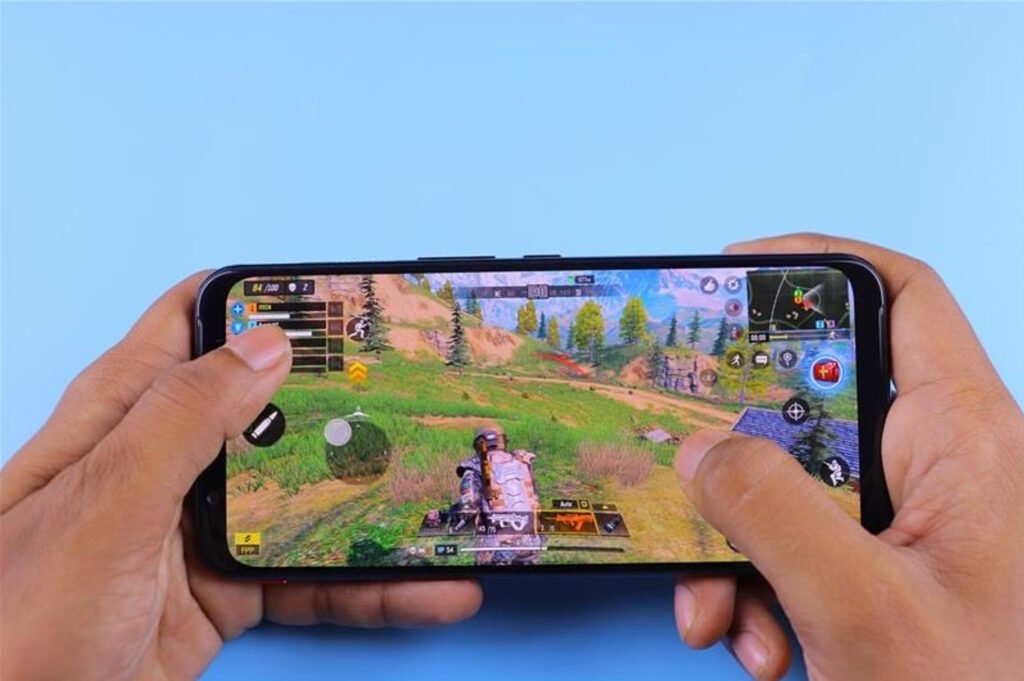

Mobile gaming has undergone a dramatic transformation in the past decade, evolving from a casual pastime to a thriving, billion-dollar industry. Among the key players in this revolution is Android, the world’s most widely used mobile operating system. Thanks to increasingly powerful smartphones, a vast array of game genres, and an open platform for developers, Android gaming has emerged as a global phenomenon.
But Android gaming isn’t just about leisure anymore. It’s also opening doors for new forms of engagement, such as real-money gaming, esports, and even decentralised betting experiences. The growing popularity of betting sites not on GamStop illustrates how mobile gamers are looking beyond conventional platforms to find entertainment that suits their preferences and freedoms. This shift signals how Android is not just transforming gaming, but the entire concept of mobile interaction.
Android Gaming: Powered by Innovation
Android’s strength lies in its open-source flexibility and the massive developer ecosystem that supports it. This has led to a flourishing market of games in every imaginable genre—from hyper-casual time-killers to graphically rich MMORPGs and strategy games.
Game engines like Unity and Unreal have become more accessible to Android developers, allowing console-level experiences on devices that fit in your pocket. Titles such as Call of Duty: Mobile, Genshin Impact, and PUBG Mobile have showcased just how sophisticated mobile gaming can be.
Meanwhile, cloud gaming platforms like NVIDIA GeForce NOW and Xbox Cloud Gaming have begun supporting Android, giving users access to AAA games without needing a high-end console or PC. This cloud integration, paired with 5G connectivity, is shaping Android as a true next-generation gaming platform.
The Social Dimension of Mobile Play
One of the defining aspects of Android gaming is its inherently social nature. Multiplayer formats and integrated chat features are now commonplace, helping players connect, compete, and collaborate in real-time.
Social games like Among Us and Clash Royale illustrate how Android devices are enabling a shared gaming culture. Moreover, live-streaming tools and integrations with platforms like Twitch, YouTube Gaming, and Discord mean that players are no longer just users—they’re part of larger digital communities.
This democratisation of content creation has fuelled a new breed of gaming influencers who stream directly from Android devices. As a result, the line between gamer, spectator, and creator is blurrier than ever.
The Expanding Role of Real-Money Gaming
Alongside traditional gaming, Android is also contributing to the mainstreaming of real-money gaming, including betting and casino-style games. These types of apps are particularly popular in regions where regulations are less restrictive, or where alternative options like betting sites not on GamStop offer greater autonomy to users.
Such platforms cater to players who want more control over their gaming experience, including access to games without self-exclusion restrictions. As mobile casinos and betting apps gain sophistication, Android users are increasingly treating their devices not just as a place to play, but also as a portal to real-world winnings.
The inclusion of seamless payment options, live dealer features, and loyalty programs makes these apps highly competitive with traditional desktop-based platforms. The trend also reflects how Android is bridging the gap between entertainment and personal finance in a way that few platforms can match.
Challenges and Opportunities Ahead
Despite its massive growth, Android gaming still faces some hurdles. Device fragmentation, inconsistent update cycles, and the sheer volume of low-quality apps can clutter the user experience. Furthermore, mobile gaming’s accessibility has sparked debates around addiction, microtransactions, and user privacy.
However, the opportunities far outweigh the challenges. Artificial intelligence and machine learning are starting to reshape game design and player experiences. AR/VR capabilities are being tested on Android devices to create more immersive worlds. And with the continued rise of mobile esports, Android users are poised to compete on a global stage like never before.
Conclusion
Android gaming is no longer an afterthought in the gaming ecosystem—it’s a driving force. From casual games to competitive multiplayer, from traditional gameplay to real-money betting options, Android is enabling richer, more diverse, and more personal gaming experiences than any platform before it.
As new players enter the market and innovative apps push the boundaries of what’s possible, one thing is clear: Android gaming isn’t just a trend—it’s the future of interactive entertainment.
The post The Rise of Android Gaming: A New Era of Entertainment and Accessibility appeared first on Android Headlines.

